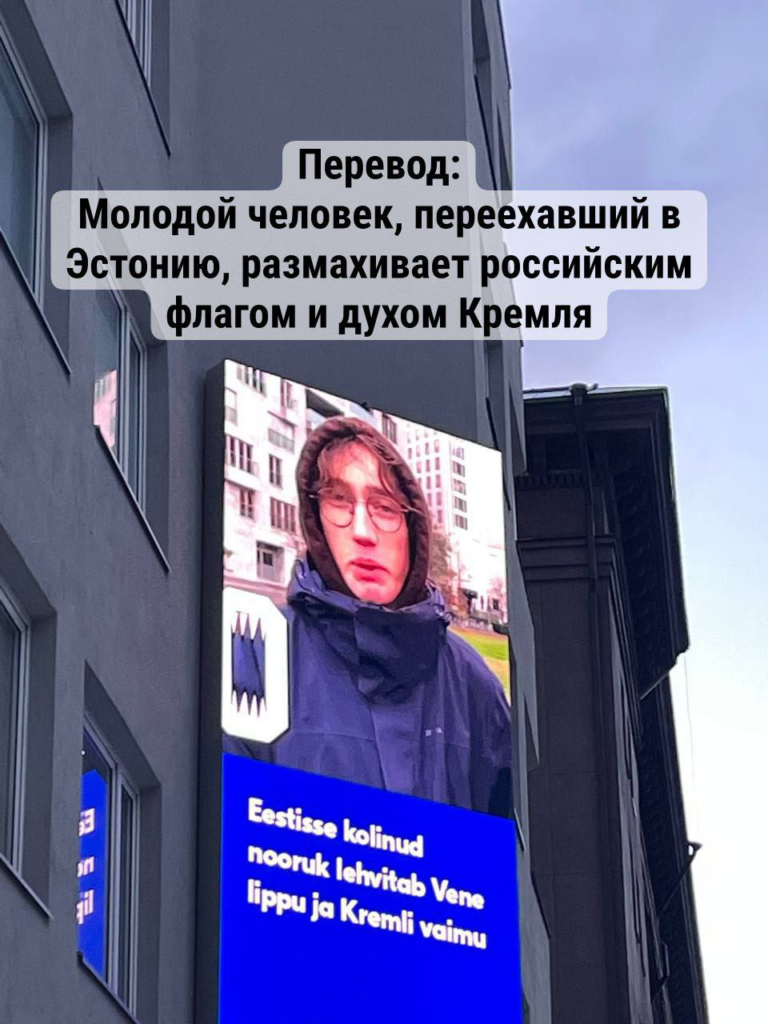
One year ago this week, a devastating conflict erupted in Sudan when a fragile alliance between the Sudanese Armed Forces and the Rapid Support Forces collapsed. The war initially began around the capital city of Khartoum but quickly spread to other parts of Sudan, including Darfur, Port Sudan and the Gezira state, situated in the country’s agricultural heartland. One year on, the conflict has driven nearly 9 million people from their homes, collapsed the country’s health system and created the world’s largest hunger and displacement crisis. “This is essentially a war between two generals,” says Khalid Mustafa Medani, chair of the African studies program at McGill University, who explains why the warring parties have “absolutely no legitimacy in civil society” and how the fighting is weaponizing international aid. “Despite the severity of this conflict, there is only one solution and only one interest on the part of the majority of Sudanese — 99% of Sudanese — and that is the restoration of full civilian democracy.”

 7 months ago
20
7 months ago
20


